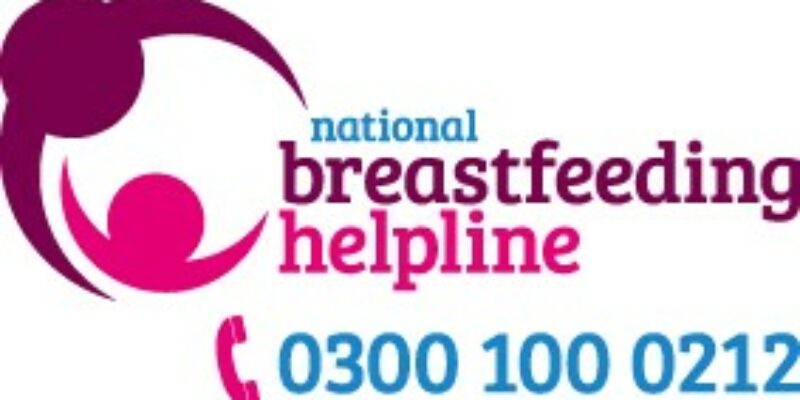
The National Breastfeeding Helpline has always strived to provide an accessible service that is equal for all who need it. We are open from 9.30am-9.30pm 365 days a year on 0300 100 0212. We provide non-judgemental, evidence based, empathic breastfeeding support and information to anyone who needs it.
We promote the helpline widely to families (e.g. including the number on postnatal discharge infosheets and on BadgerNet in Scotland) and the telephone service is a very low cost or free way to access high quality, evidence based, non-judgemental breastfeeding support and information. We are funded by Public Health England via Serco and the Scottish Government.
We offer support in minority languages including Polish and Bengali, and have a live webchat service as well as a traditional telephone helpline. Since 2017 we have also offered 1 to 1 support via message on Instagram and Facebook.
All support – whether phone, webchat or social media – is provided by volunteers – all who are mums who have breastfed at least one baby and who have completed extensive training with either the Breastfeeding Network or the Association of Breastfeeding Mothers. All volunteers are required to keep up with ongoing training and supervision.
Over the course of the pandemic, the demand for all our services increased significantly. We supported 72% more people between April 2020-March 2021 compared to the same period the year before.
During successive lockdowns, many new parents found themselves alone, feeling isolated and with nowhere to turn for support. Confusing or mixed messages about the safety of breastfeeding with Covid-19, and later around the vaccine caused considerable stress for many.
Although some found the pandemic had a positive impact on their breastfeeding experience, a study by Brown & Shenker (2021) found that ‘those who had a more difficult breastfeeding experience were more likely to live in challenging circumstances. BAME women and those with a lower education were more likely to be represented in this group’.
Whereas in normal times, new parents would have regular visits from healthcare professionals, family, friends, and drop in groups to attend, almost none of this was available, and so the support offered by the helpline was even more important than usual. We put extra measures in place including additional social media and webchat volunteers plus a new option for callers to leave a voicemail and have their call returned later, with the aim of supporting more families.
We collect full postcode data (with consent) from Scottish families who contact us, which allows us to analyse this against the Scottish Index of Multiple Deprivation.
This shows us that between October 2020 and March 2021:
- 27% of callers to our helpline
- 18% of those who use our web chat service
- 22% of those who contacted us via social media message
live in the two most deprived quintiles of Scotland.
There is more we can and will do to reach families in the most deprived areas of Scotland but having a range of options for contact does appear to be effective.
More info: www.nationalbreastfeedinghelpline.org.uk
References/Further Reading
Parent-Infant Foundation: Babies in Lockdown report – Listening to parents to build back better
Felicity Lambert is the National Breastfeeding Helpline Manager for The Breastfeeding Network
View the Breastfeeding Network Poster for the VHS Annual Conference Poster Competition here.
